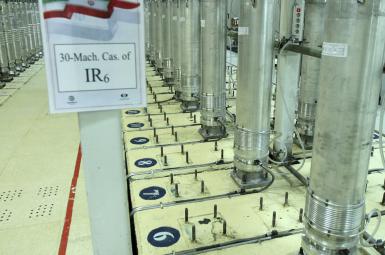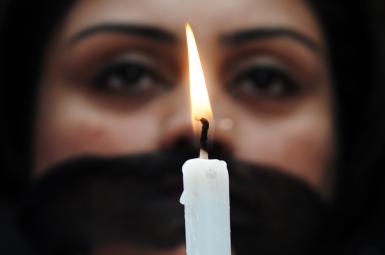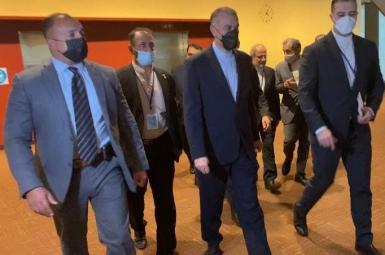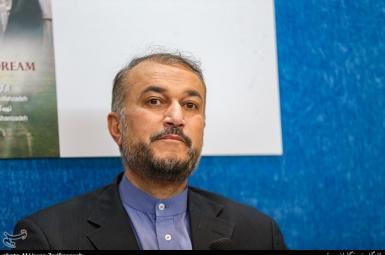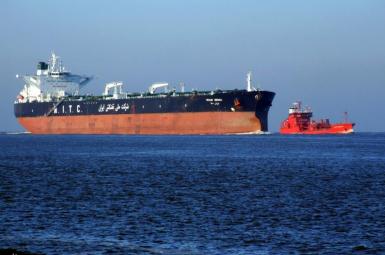
US, EU Berate Iran Over UN Access To Nuclear Site
At a Vienna meeting of the board of the International Atomic Energy (IAEA) Monday, the European Union and United States separately urged Iran to allow the agency access to a centrifuge component workshop.
After a critical statement from the IAEA Sunday, Iran said the facility in Karaj, Alborz province, which was hit by a drone attack in June, had not been included in the September 12 agreement reached with the IAEA to service the agency’s monitoring equipment in Iranian nuclear facilities.
"We call on Iran to provide the IAEA with needed access without further delay," an EU statement said. The EU expressed "deepest concern" and called on IAEA chief Rafael Mariano Grossi to report to the board.
Louis Bono, the US Chargé d’Affaires at the IAEA, said access was important to quickly implement any future understanding on reviving Iran’s 2015 nuclear deal with world powers, the JCPOA (Joint Comprehensive Plan of Action).
He also criticized Iran for the delay in inviting the watchdog's director general to Tehran for discussions related to the agency's unresolved questions on its Comprehensive Safeguards Agreement, as Iran also agreed in the September 12 Joint Statement.
These questions, Bono said, relate to Iran’s legal obligations under its NPT-required safeguards agreement and have remained unanswered since over a year ago when the Board called on Iran to fully cooperate with the IAEA to address them without further delay. Bono said the US would consult with other board members if Iran failed to allow access to the Karaj site, and also criticized Tehran for delay in inviting Grossi to Tehran to discuss issues raised by the agency over Iran’s nuclear work before 2003.
Temporary arrangements
The September 12 Iran-IAEA agreement extended a temporary arrangement reached in February after Tehran, following the killing of a nuclear scientist and attacks on its atomic facilities, scaled back agency access to that required by the Nuclear Non-Proliferation treaty.
While the September 12 agreement allowed the IAEA to service monitoring equipment and replace memory cards at all sites other than Karaj, the current access level is far below that required under the JCPOA or under Iran’s Additional Protocol to the NPT, which Tehran ceased to apply in February.
A building in the Karaj facility belonging to the Atomic Energy Organization of Iran (AEOI) was damaged in the June 23 drone attack, with the New York Times calling it “one of Iran’s main manufacturing centers” for centrifuges used to enrich uranium at the Fordow and Natanz sites.
Identified equipment
Iran’s IAEA ambassador Kazem Gharibabadi Monday said security investigations were continuing at the site into the drone attack, and that the phrase “identified equipment” in the September 12 agreement had specifically ruled out Karaj. The IAEA has called access to the site "indispensable" and insisted it was included in the September 12 agreement.
Stephen Klement, head of the EU delegation to international organizations in Vienna and special advisor to the European External Action Service (EEAS) on the Iranian nuclear program, in a tweet Monday urged Iran to provide access at Natanz without delay.
Klement also said Vienna talks to revive the JCPOA − which have been suspended since June for the Iranian presidential election and subsequent transition − should resume as soon as possible "from where we left off on 20 June."
The new administration of President Ebahim Raisi (Raeesi) says it has been reviewing the talks and appears in no hurry to resume them, fueling concerns in Europe both that Iran is gaining invaluable experience in running an expanded nuclear program and that the new government has a more positive sense of Iran’s negotiating strength than its predecessor.

